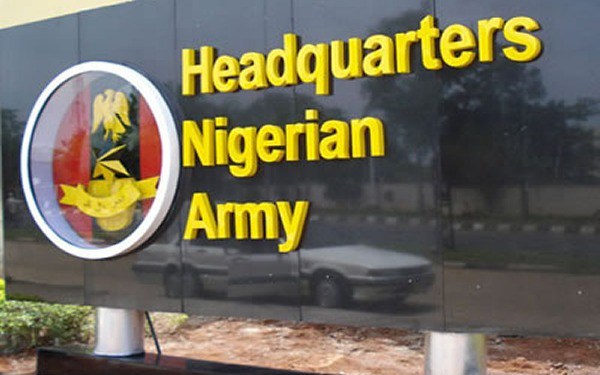Nigerian Girls Sold For N210,000 As Sex Slaves In Mali
The National Agency for the Prohibition of Trafficking in Persons, NAPTIP, is seeking an agreement between Nigeria and neighbouring West African countries to end the practice of Nigerian girls being used as sex slaves in Mali.
At a presentation to the ECOWAS Parliament during its First Ordinary Session, NAPTIP Director-General, Julie Okah-Donli told members of parliament that Nigerian girls were being sold for between N210,000 and N240,000 to work as prostitutes.
Presenting the report of the fact-finding mission to Mali, Okah-Donli said that after being sold, the girls were made to pay back between N1.08 million and N1.2 million, usually within eight months, to their madams.
She said that after gaining their freedom from their madams, the girls would then go into business, making money for themselves through prostitutions before graduating to madams of their own.
“There are more than one million Nigerians residing in Mali.
About 20,000 of these Nigerians are girls believed to be victims of trafficking and the number increases by 50 per day. “Many victims are deceived to leave their livelihoods in Nigeria for greener pastures in ‘Mali.
“Some of the victims are abducted from Nigeria, including those that arrive in school uniforms.
“On arrival at the border town between Burkina Faso and Mali, many of the girls are sold off for CFA 350,000 to 400,000; their new owners then make them pay back about CFA 1.6 million to CFA 2 million with one CFA being 0.6 Naira,” she said.
Okah-Donli said that as part of efforts to curb the trend, the mission recommended, among other things, that Nigeria should develop a Memorandum of Understanding ( MoU) with Mali, Burkina Faso, Benin Republic, Guinea and Senegal.
The mission further recommended that all motor-parks through which the girls were trafficked should be sanitised and efforts made to stop extortion of Nigerians travelling to or through the aforementioned countries, she said.
“There is need for comprehensive sensitisation of rescued victims before repatriation and a comprehensive blueprint worked out for tracing, empowerment and rehabilitation of victims,” Okah-Donli said.
She said NAPTIP was ready to give technical support to Mali if it sought to establish an anti-human trafficking agency. For the ECOWAS Parliament, the mission recommended that the protocol on Free Movement of persons and goods be properly implemented such that other nationals are not harassed in other ECOWAS countries, the director-general said.
Throwing more light on the findings of the mission, Okah-Donli said that efforts to repatriate girls were usually foiled through the complicity of Malian security forces, coupled with the willingness of many girls to return to the ‘sex-for-gold’ trade.
She said that there were some of the girls who were trafficked to the northern parts of Mali where they not only offered sex but were radicalized.
She said that many of the victims who were rescued in 2011 and some others in 2017, came back to Nigeria only to return with more girls. The director-general further said some of the sex slaves were made to sleep with numerous men without protection while also being made to pay huge taxes by the complicit Malian authorities.




